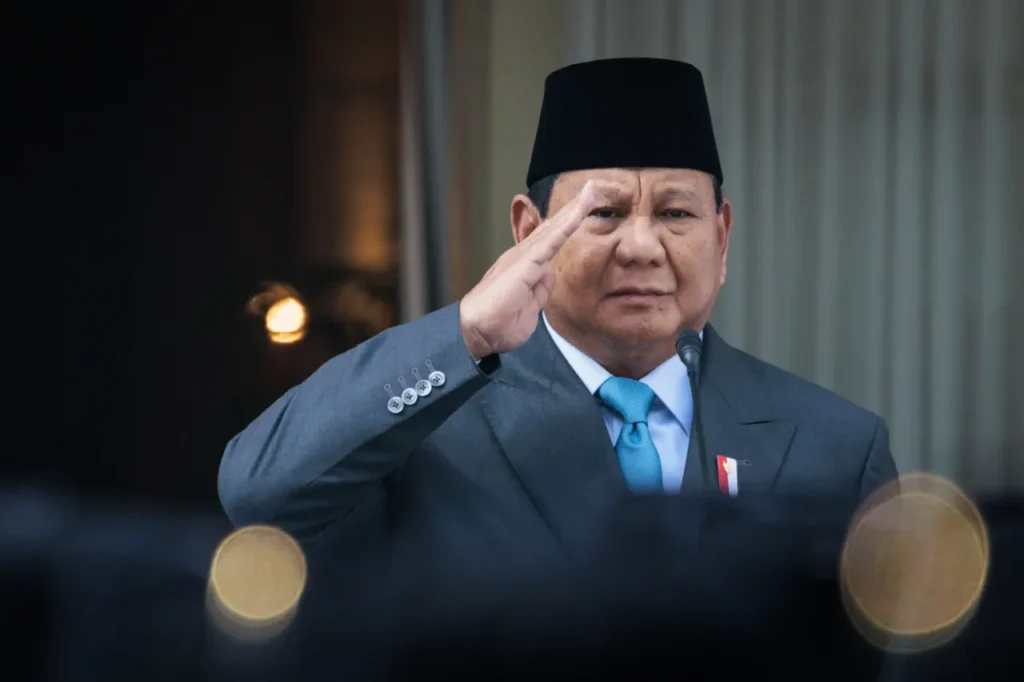The article discusses the evolving political and economic landscape in Indonesia, starting from a cooperative era between China and the US in 2004 to the recent shift towards developmentalist strategies due to a post-pandemic legitimacy crisis. Highlighting the emergence of powerful politico-economic forces, the article points to the rise of dynastic politics, where elite families increasingly dominate elections and access economic resources, leading to monopolistic behavior.
In the recent 2024 regional elections, a significant number of dynastic politicians participated, illustrating the entrenchment of family legacies in Indonesian politics. The article notes the influence of these dynasties in sectors like nickel production, which is critical for global electric vehicle demand, intertwining economic interests with political power.
Neoliberal reforms, aiming to attract foreign investment through job creation legislation, have exacerbated socio-economic inequalities, pushing vulnerable employment conditions while grassroots movements struggle to gain traction. Following the Constitutional Court’s ruling that deemed parts of the controversial Omnibus Law unconstitutional, there seems to be a precarious balance as the president aligns with labor concerns to secure support.
Ultimately, the article highlights how economic power translates into political influence, suggesting an oligarchic system disguised as a democracy, as ordinary citizens face barriers to challenge this entrenched power structure effectively. The situation reflects themes discussed in Vedi Hadiz and Richard Robison’s work on the dynamics of oligarchy in Indonesia.



